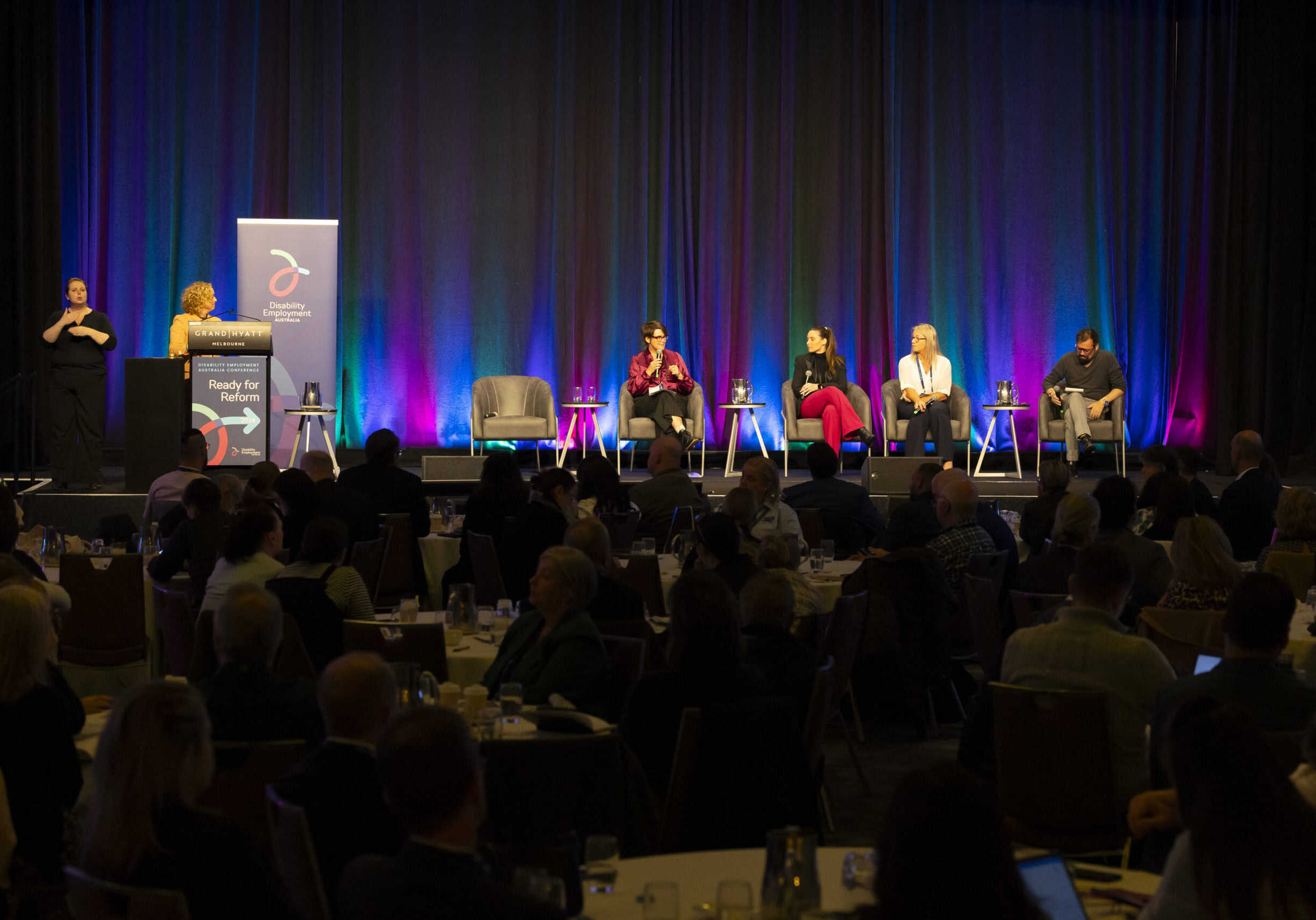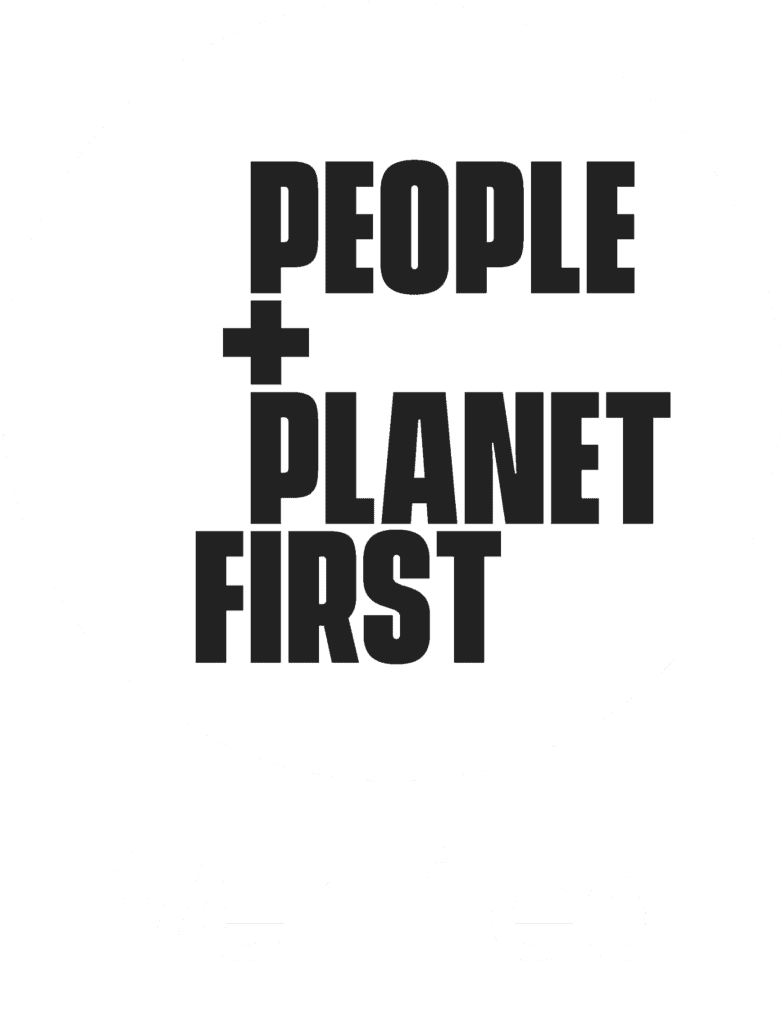In a leap towards a more inclusive workforce, The Good Work Research Group has published the first findings from the ambitious three-year project “Accessing hidden talent to improve organisational outcomes”. Supported by the Australian Research Council, in collaboration with industry partners Jobsbank, Asuria, Jobs Victoria, and Social Ventures Australia, the Insights briefing by Professor Jo Ingold, Professor Angela Knox and Dr. Qian Yi Lee highlights the significant benefits and challenges associated with employing hidden talent groups.
Employers’ experiences with hidden talent
Seven masterclasses held in early 2024 across Australia provided a platform for employers to share their experiences and learn from each other. Facilitated by Phil Preston and guided by Ingold, the sessions revealed a strong desire among employers for more information and support in creating high-quality jobs. Participating employers had already employed hidden talent, with over half employing people with disabilities. The research team explored their motivations – whether they were focusing on improvement or retention strategies, and their overall experiences in the Diversity, Equity and Inclusion (DEI) journey.
Last month, Ingold presented the study’s first findings at the Disability Employment Australia (DEA) conference in Melbourne and stressed that diversity, equity and inclusion are more than just corporate buzzwords; they are essential for addressing ongoing skill shortages and fostering sustainable careers.
The masterclasses revealed strong motivations for hiring hidden talent, with businesses seeking to manage labour market challenges and reinforce their commitment to DEI.
“Skill gaps are a real challenge, and understanding what makes people stay and have meaningful careers is crucial. Employers are increasingly tapping into hidden talent to navigate tough labour market conditions and ensure DEI in their workplaces,” said Ingold.
The report highlights six crucial dimensions of job quality that directly impact worker well-being: pay and rewards, work characteristics, terms of employment, work-life balance, health and safety, and representation and voice.
It also identified the key drivers for hiring hidden talent, including meeting social procurement mandates, enhancing organisational diversity and inclusion, and futureproofing the workforce.
Employers reported numerous benefits, including increased retention, higher employee engagement, and improved productivity. Inclusive hiring also led to positive cultural changes and better decision-making within teams.
High-quality jobs are linked to better physical and mental health, enhanced job satisfaction, and increased productivity. “International evidence has connected high-quality jobs to work well-being – including physical and mental health – and sustainable and competitive economies. Improving job quality does not compromise job creation,” Ingold said during the DEA conference.
“Employers overwhelmingly expressed an interest in gaining more information about job quality and how they might leverage it to enable the development of good jobs that provide good work to employees,” she added.
Ingold emphasised the strengths-based approach used when interviewing employers, focusing on what works rather than the barriers and challenges. “We know there are businesses out there doing good work. One key finding is the value of connecting with each other. There are not enough opportunities to share good practices,” she said.
Moving forward
Employers are increasingly recognising the benefits of a diverse workforce, which includes increased engagement and performance along with reduced turnover. They are also calling for more networking opportunities to share experiences and best practices, as well as data and benchmarks to measure the impact of diversity initiatives.
Education on the benefits of diversity and inclusion is also crucial to a deeper understanding of the value hidden talent brings to organisations helping businesses improve their offering. As Ingold aptly said, “Creating good work opportunities for hidden talent is not just a moral imperative but a strategic necessity for businesses aiming to thrive in today’s competitive landscape.”
To read the full report, click here.





